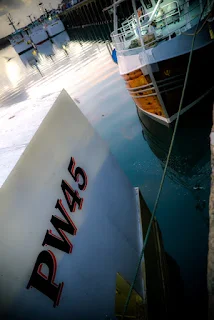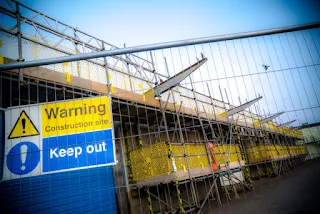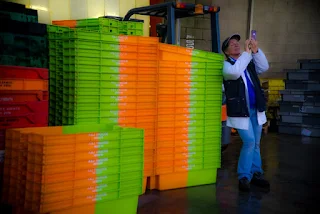In this video shot shortly after her launch in 2012 the Kristine Vendelbo HM202 heads for home with 210 tons of sprats on board ...
On Friday, the 29th of September 2017, Atlantic Shipping, as brokers, delivered the wet fish trawler M/V “Kirstine Vendelbo" to her new owners. The vessel is 27.50 x 7.70 m and was built in 2012 at Vestværftet, Hvide Sande, Denmark.




























































